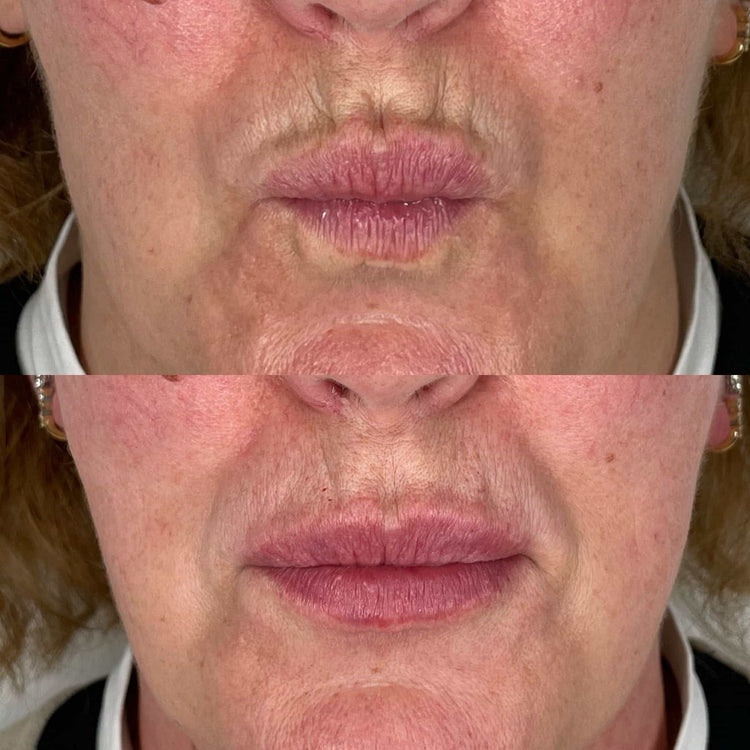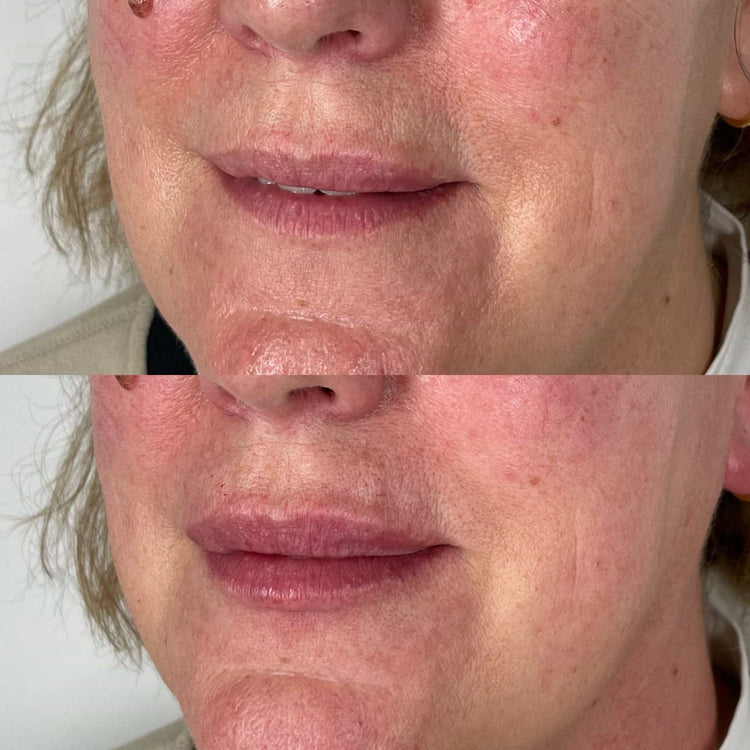Alcohol and Dermal Filler Interactions
Dermal fillers are increasingly popular for enhancing facial features and addressing signs of aging, but it’s important to understand how lifestyle choices can impact their results. One common question patients have is whether they can consume alcohol after receiving dermal fillers. The interaction between alcohol and dermal fillers can influence swelling, bruising, and the overall outcome of the treatment.

Potential Side Effects
While a moderate amount of alcohol consumption might not cause significant problems for most individuals following dermal filler injections, it’s generally recommended to abstain from alcohol for at least 24-48 hours post-treatment. Alcohol can increase blood flow and potentially exacerbate swelling and bruising, which are common side effects after dermal fillers are injected.
Alcohol can also thin the blood, increasing the risk of bleeding and affecting the filler’s placement and longevity. Furthermore, alcohol can dehydrate the body, which can negatively impact the skin’s appearance and hinder the healing process. It’s always best to consult with your provider regarding specific instructions for post-treatment care, including alcohol consumption.
Timing is Key
Dermal fillers are increasingly popular for enhancing facial features and addressing signs of aging, but it’s important to understand how lifestyle choices can impact their results. One common question patients have is whether they can consume alcohol after receiving dermal fillers. The interaction between alcohol and dermal fillers can influence swelling, bruising, and the overall outcome of the treatment.
While a moderate amount of alcohol consumption might not cause significant problems for most individuals following dermal filler injections, it’s generally recommended to abstain from alcohol for at least 24-48 hours post-treatment. Alcohol can increase blood flow and potentially exacerbate swelling and bruising, which are common side effects after dermal fillers are injected.
Alcohol can also thin the blood, increasing the risk of bleeding and affecting the filler’s placement and longevity. Furthermore, alcohol can dehydrate the body, which can negatively impact the skin’s appearance and hinder the healing process. It’s always best to consult with your provider regarding specific instructions for post-treatment care, including alcohol consumption.
Moderation is Best
Dermal fillers are becoming increasingly popular for enhancing facial features and addressing signs of aging. It is essential to understand how lifestyle choices can impact the results.
One common question patients have is whether they can consume alcohol after receiving dermal fillers. Alcohol consumption can interact with dermal fillers, potentially influencing swelling, bruising, and the overall outcome of the treatment.
While a moderate amount of alcohol might not cause significant issues for most individuals following injections, it is generally recommended to abstain from alcohol for at least 24-48 hours post-treatment. Alcohol can increase blood flow, potentially worsening swelling and bruising, which are common side effects after dermal filler injections.
Additionally, alcohol thins the blood, increasing the risk of bleeding and affecting the filler’s placement and longevity. Alcohol can also dehydrate the body, negatively impacting skin appearance and hindering the healing process.
It is always best to consult with your provider regarding specific instructions for post-treatment care, including alcohol consumption.
Specific Fillers and Alcohol
Dermal fillers are becoming increasingly popular for enhancing facial features and addressing signs of aging. It is essential to understand how lifestyle choices can impact the results. One common question patients have is whether they can consume alcohol after receiving dermal fillers. Alcohol consumption can interact with dermal fillers, potentially influencing swelling, bruising, and the overall outcome of the treatment.
While a moderate amount of alcohol might not cause significant issues for most individuals following injections, it is generally recommended to abstain from alcohol for at least 24-48 hours post-treatment. Alcohol can increase blood flow, potentially worsening swelling and bruising, which are common side effects after dermal filler injections.
Additionally, alcohol thins the blood, increasing the risk of bleeding and affecting the filler’s placement and longevity. Alcohol can also dehydrate the body, negatively impacting skin appearance and hindering the healing process.
It is always best to consult with your provider regarding specific instructions for post-treatment care, including alcohol consumption.
Risks and Complications

Dermal fillers are increasingly popular for enhancing facial features and addressing signs of aging. However, certain lifestyle choices can impact the results of this procedure.
Swelling and Bruising
Risks and complications associated with dermal fillers can vary depending on several factors, including the type of filler used, the individual’s medical history, and proper aftercare. Swelling and bruising are common side effects that typically subside within a few days.
However, in some cases, more serious complications may arise, such as infections, allergic reactions, or vascular occlusion (blockage of blood vessels). It’s crucial to seek immediate medical attention if you experience any signs of severe reaction or unusual symptoms following dermal filler treatment.
Infection Risk
Infection risk is a potential complication associated with any injection procedure, including dermal fillers.
To minimize the risk of infection, it’s crucial to follow your provider’s instructions for pre- and post-treatment care meticulously. This includes ensuring the treatment area is clean and avoiding touching or picking at the injection sites.
If you notice any signs of infection such as redness, swelling, warmth, pain, or discharge, contact your provider promptly.
Migration of Filler
One potential complication associated with dermal fillers is migration. This occurs when the filler material moves from its original injection site to a nearby area.
Migration can cause irregularities in the appearance of the treated area and may require further treatment to correct. Factors that can increase the risk of migration include improper injection technique, using a filler type that is more prone to migration, and certain individual characteristics like thin skin or excessive movement of facial muscles.
Recommendations from Professionals
Dermal fillers have become increasingly popular for enhancing facial features and addressing signs of aging. It is essential to understand how lifestyle choices can impact the results of this treatment. One common question patients have is whether they can consume alcohol after receiving dermal fillers.
Physician’s Guidance
Dermal fillers are becoming increasingly popular for enhancing facial features and addressing signs of aging. It is essential to understand how lifestyle choices can impact the results of this procedure.
One common question patients have is whether they can consume alcohol after receiving dermal fillers. Alcohol consumption can interact with dermal fillers, potentially influencing swelling, bruising, and the overall outcome of the treatment.
- While a moderate amount of alcohol might not cause significant issues for most individuals following injections, it is generally recommended to abstain from alcohol for at least 24-48 hours post-treatment.
- Alcohol can increase blood flow, potentially worsening swelling and bruising, which are common side effects after dermal filler injections.
- Additionally, alcohol thins the blood, increasing the risk of bleeding and affecting the filler’s placement and longevity. Alcohol can also dehydrate the body, negatively impacting skin appearance and hindering the healing process.
- It is always best to consult with your provider regarding specific instructions for post-treatment care, including alcohol consumption.
Alternative Options
Dermal fillers are becoming increasingly popular for enhancing facial features and addressing signs of aging. It is essential to understand how lifestyle choices can impact the results of this procedure.
One common question patients have is whether they can consume alcohol after receiving dermal fillers.
- While a moderate amount of alcohol might not cause significant issues for most individuals following injections, it is generally recommended to abstain from alcohol for at least 24-48 hours post-treatment.
- Alcohol can increase blood flow, potentially worsening swelling and bruising, which are common side effects after dermal filler injections.
- Additionally, alcohol thins the blood, increasing the risk of bleeding and affecting the filler’s placement and longevity. Alcohol can also dehydrate the body, negatively impacting skin appearance and hindering the healing process.
- It is always best to consult with your provider regarding specific instructions for post-treatment care, including alcohol consumption.
- Dermal Fillers Near Effingham, Surrey - September 20, 2025
- Collagen Induction Therapy In Addlestone, Surrey - September 17, 2025
- How To Prolong The Effects Of Neck Line Filler Treatments In Kingston Upon Thames - September 16, 2025